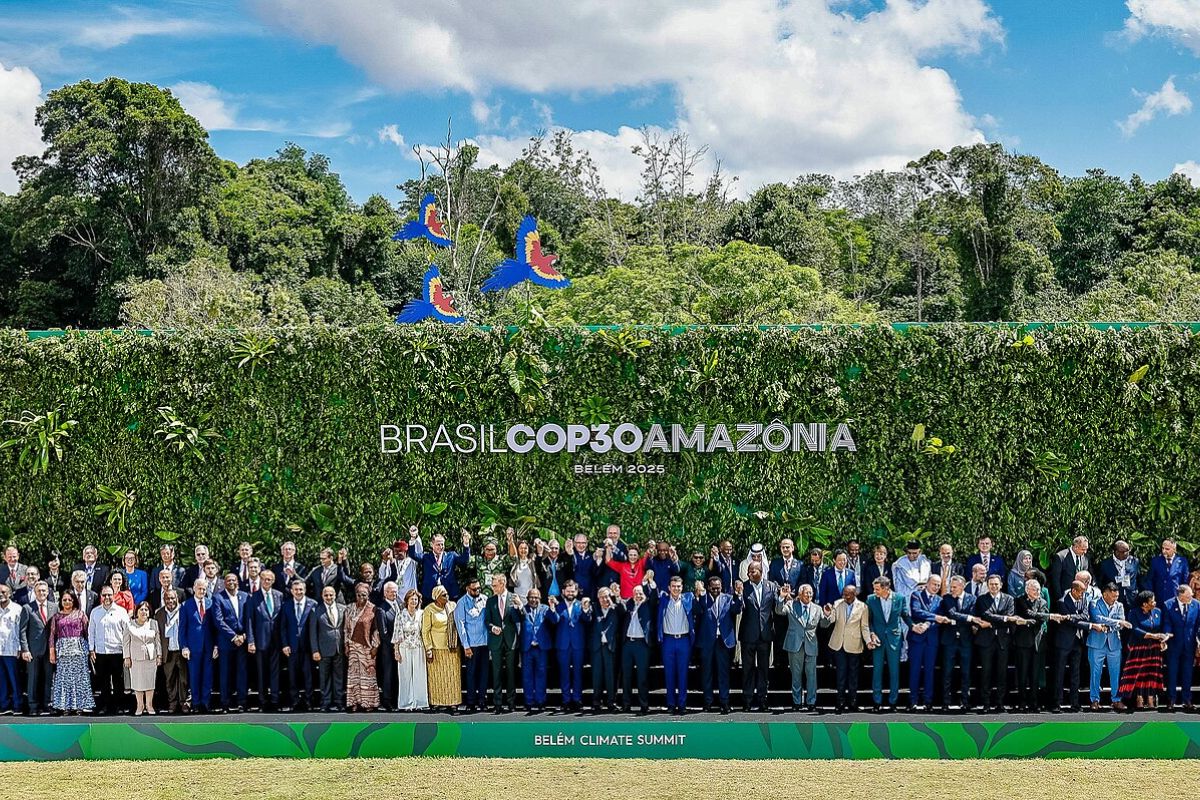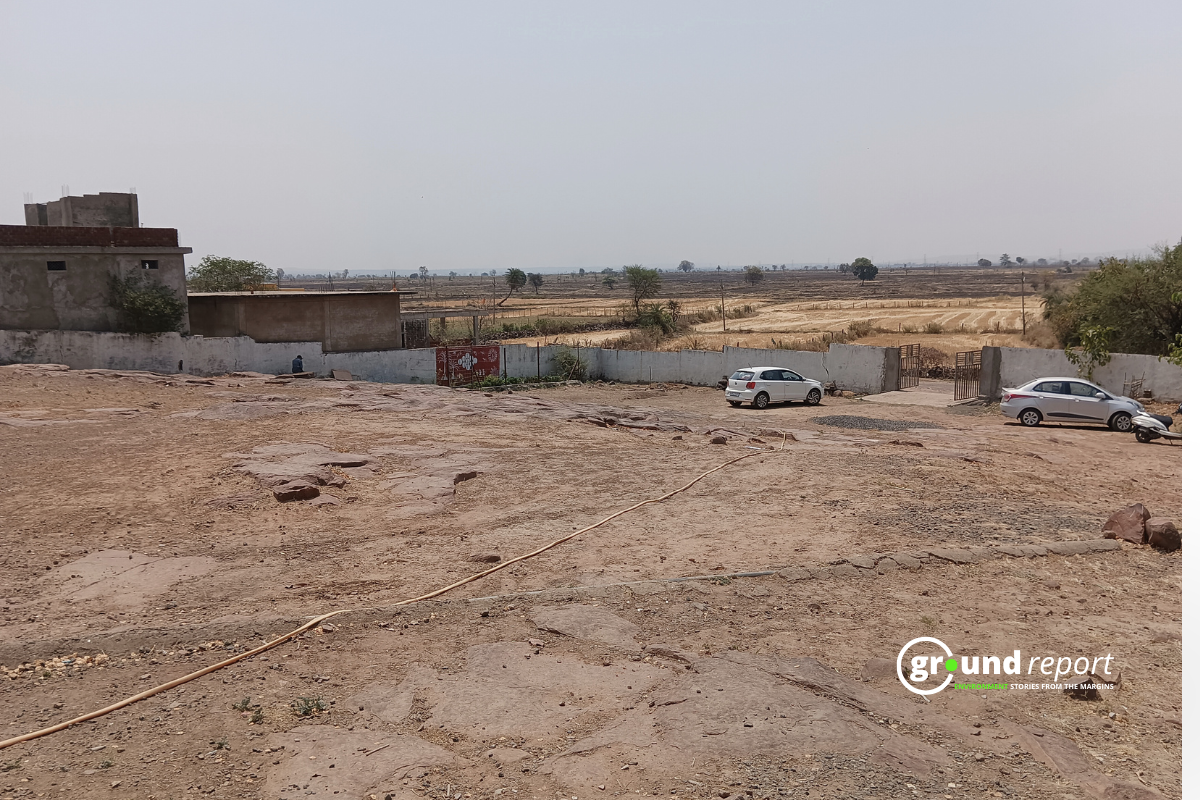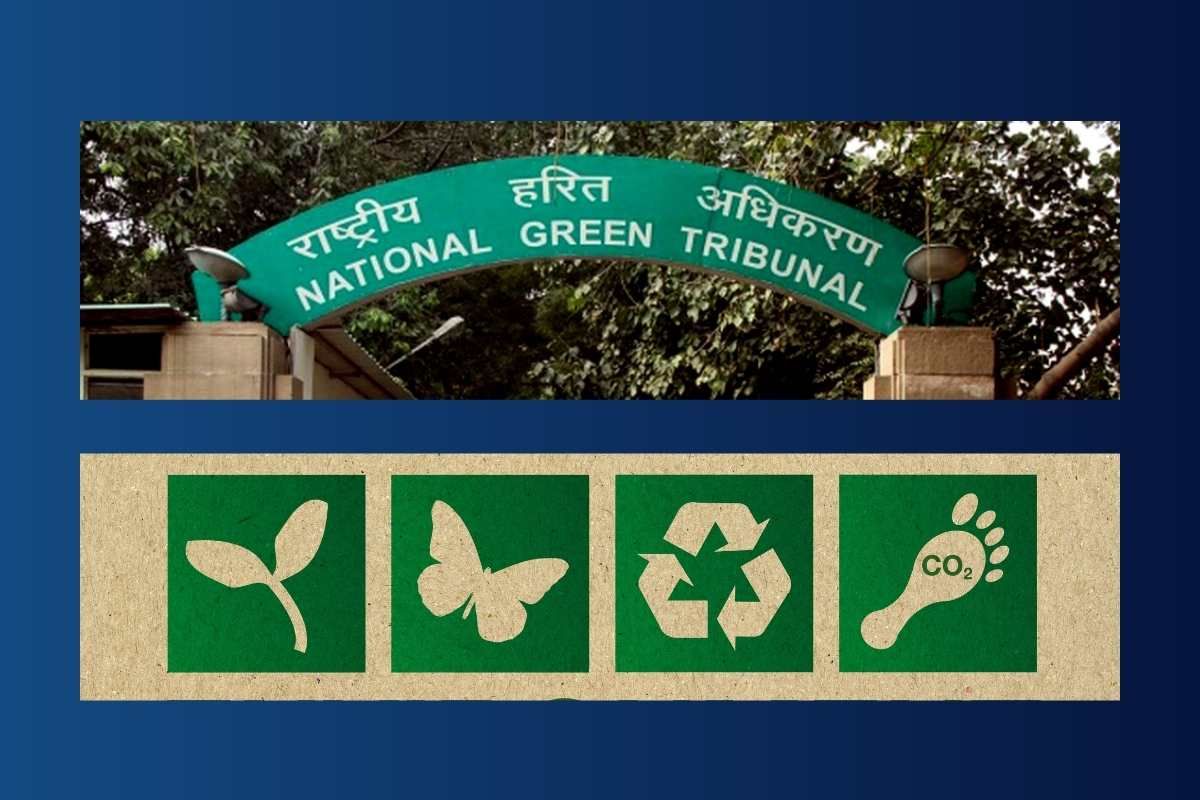Australia has stepped back from its bid to host the COP31 climate summit, clearing the way for Turkey to hold the 2026 meeting while Australia takes the lead role in steering the talks. The move ends a two-year standoff that had stalled the selection process and raised concerns among Pacific island states that a delay could weaken their push for stronger global climate action.
Prime Minister Anthony Albanese said Australia would not oppose a successful Turkish bid. He warned that holding out risked damaging the unity needed to secure outcomes for Pacific countries that face rising sea levels and severe weather linked to climate change.
Turkey to Host COP31
“If Australia is not chosen, if Turkey is chosen, we wouldn’t seek to veto that. What we would seek to do is to ensure that the Pacific benefited from that,” Albanese told reporters.
His comments came after earlier statements ruling out joint hosting rights. UN rules allow only one host nation for each annual summit, and Australia and Turkey had each refused to withdraw since submitting their bids in 2022.
A government spokesperson said Australia had not abandoned its bid but expected Turkey to follow the same approach if Australia had been selected.
“If Turkey were chosen, we wouldn’t block their bid. But Turkey hasn’t been chosen. Australia has the overwhelming support of our peers,” the spokesperson said.
The situation shifted during negotiations at COP30 in Belém, Brazil. Delegates there sought to reach agreement before the end of the talks. Under UN procedures, the Western Europe and Others Group must agree on a host. Without consensus, the conference would default to Bonn in Germany. Germany made clear it did not want to take on the role.
Talks in Belém produced an unusual arrangement. Turkey will host the summit, while Australia’s climate minister, Chris Bowen, will serve as COP31 president. A pre-COP meeting will be held on a Pacific island. The full agreement must now be ratified by more than 190 countries meeting in Brazil.
Bowen said delaying a decision would have harmed preparation for next year’s summit.
“This process works on consensus, and consensus means if someone objected to our bid, it would go to Bonn,” he said. “That would mean 12 months with a lack of leadership, no COP president in place, no plan.”
Bowen said he would hold the full authority of the presidency, including the power to guide negotiations and prepare draft texts. Turkey will appoint its own official to manage logistics and venue operations.
Drew mixed reactions in Pacific
The compromise drew mixed reactions in the Pacific. Many leaders had backed Australia’s bid, viewing it as a chance to highlight the pressures their communities face. Papua New Guinea’s Foreign Minister Justin Tkatchenko said, “we are all not happy. And disappointed it’s ended up like this.”
Solomon Islands leader Jeremiah Manele said he would be “disappointed” if Australia did not secure hosting rights. Albanese said he had spoken with Pacific leaders, including Papua New Guinea Prime Minister James Marape and Fiji’s Prime Minister Sitiveni Rabuka, and promised their concerns would remain a central focus.
Turkey’s selection means COP31 will take place in a country that still relies heavily on coal. Coal accounts for about 35 percent of Turkey’s power generation. At the same time, the country has increased its renewable power share to 46 percent, led by solar and wind. Solar capacity has tripled in four years, and wind now supplies 11 percent of electricity.
Turkey has set a net zero target for 2053 and aims to nearly triple its solar and wind capacity by 2035.
“This is a historic moment for energy transition in Türkiye,” said Ufuk Alparslan, Ember’s Regional Lead for Türkiye and the Caucasus. He said hosting the summit could support new investment and partnerships in clean power.
Australia reached its own milestone as fossil fuel generation fell below half of total electricity production for the first time on record in October. The country has a 2050 net zero target.
Nishant Bhardwaj, Ember’s Director for Coal Mine Methane, said leading COP31 talks gives Australia a chance to show how it plans to cut methane and speed its energy shift.
The path to the compromise was shaped by both countries’ claims. Australia argued it would host with Pacific island states and stage the event in Adelaide. Turkey pressed its case by noting it stepped aside when the UK hosted COP26 in Glasgow.
Failure to resolve the issue would have forced the event to Germany, which would have been a rare departure from regional rotation rules and left the summit without a president for months.
With the agreement in place, delegates in Belém expressed relief that a prolonged dispute had been avoided. The final step will be formal approval before COP30 ends. No objections are expected after the effort required to reach the deal.
Support us to keep independent environmental journalism alive in India.
Keep Reading
Small Wild Cats in Big Trouble: India’s First National Report Released
After Tragedy, Families Face Delays in Tiger Attack Compensation
Stay connected with Ground Report for underreported environmental stories.






